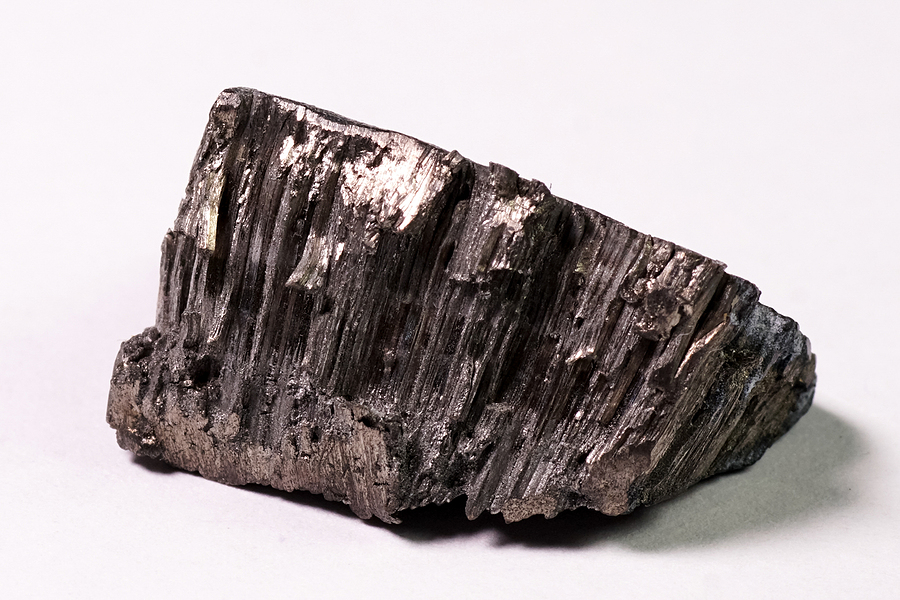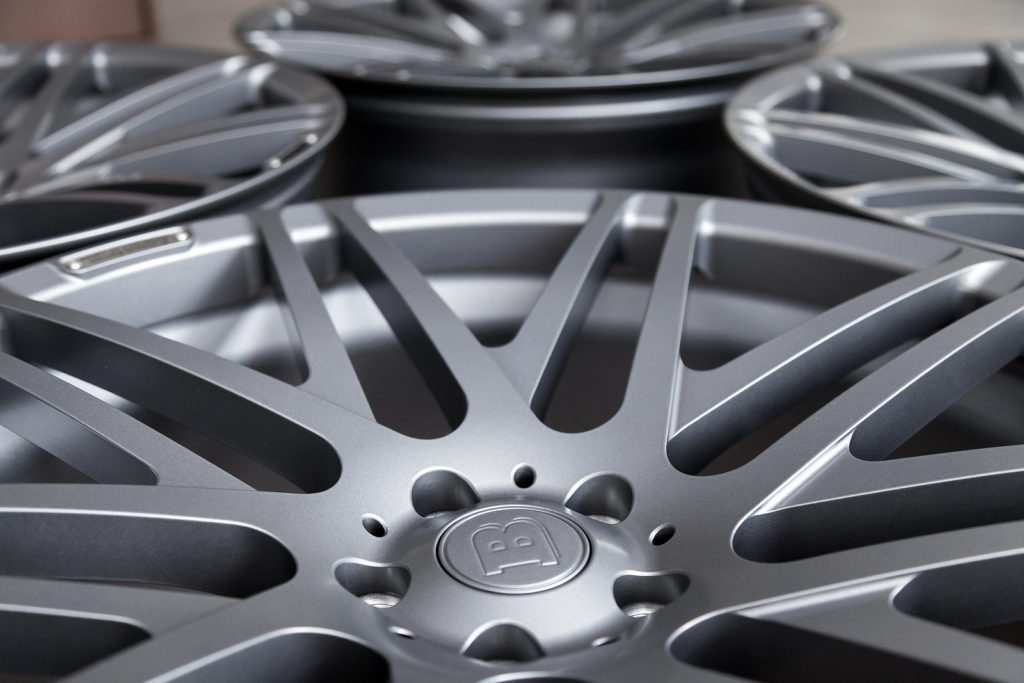Earth is a treasure trove of invaluable resources, among which metals hold a special significance. These naturally-occurring elements, with their unique properties and myriad uses, have defined and shaped human civilization for centuries.
Today, we delve into the realm of Earth’s most fascinating metals, exploring their distinct characteristics and the extraordinary roles they play in our world. From the most valuable to the most versatile, join us as we journey through our top 10 unique and captivating metals that truly are Earth’s hidden treasures.

10 Most Interesting Metal Elements Found Around the World
1. Gold
What better place to start than with the most coveted of all metals – gold. This shiny, yellow metal has been a symbol of wealth and prestige since ancient times. It is also one of the least reactive elements, making it incredibly durable and resistant to corrosion. These properties make gold not only valuable for monetary purposes but also essential in various industries such as electronics and medicine.
2. Platinum
Another precious metal that has captured our fascination is platinum. Like gold, it is highly resistant to corrosion and has a beautiful white-silver appearance. However, what makes platinum truly unique is its remarkable catalytic properties. This metal plays a crucial role in the production of many everyday items, from fertilizer and jewelry to automotive parts, fuel cells, and more.
3. Silver
Silver has been used for centuries in jewelry and currency, but its applications go far beyond that. This versatile metal is an excellent conductor of electricity and heat, making it essential in the production of solar panels and electronics. Its antibacterial properties also make it a valuable component in medical devices and wound dressings.
4. Copper
Next on our list is copper, a reddish-orange metal that has been used by humans for over 10,000 years. Its high electrical conductivity and malleability make it ideal for wiring and piping. But copper’s most remarkable property is its antimicrobial effect, making it a vital element in hospitals and water purification systems.
5. Titanium
This strong and lightweight metal is a favorite among aerospace engineers and jewelry designers alike. It has the highest strength-to-weight ratio of any known element, making it an essential component in aircraft and spacecraft construction. Titanium is also resistance to corrosion also makes it valuable in medical implants such as joint replacements.
6. Tungsten
While not as well-known as some other metals on this list, tungsten is a vital resource in the manufacturing industry. Its high melting point and strength make it ideal for producing tools and machinery that can withstand extreme temperatures and pressures. It is also used in the production of filaments for incandescent light bulbs.
7. Iron
Iron may seem like a commonplace metal, but its impact on human civilization cannot be overstated. This strong and abundant element is the foundation of modern infrastructure, used in everything from buildings and bridges to vehicles. It also plays a crucial role in our bodies, as it is an essential component of hemoglobin, which carries oxygen in our blood.
8. Palladium
Another member of the platinum family, palladium has recently gained attention for its use in catalytic converters to reduce vehicle emissions. This metal is also highly sought after in the jewelry industry for its silvery-white appearance and resistance to tarnishing.
9. Magnesium
Often overshadowed by other metals, magnesium deserves recognition for its unique properties. It is the lightest structural metal, making it ideal for lightweight vehicles and aircraft. It also has a high strength-to-weight ratio and is highly flammable, making it useful in fireworks and other pyrotechnics.
10. Gadolinium
Last but certainly not least, we have gadolinium – a metal that plays an essential role in the medical field. This rare earth element is used in MRI machines as a contrast agent to enhance images of internal organs and tissues. It is also used in nuclear reactors and computer memory storage devices.
Wrapping Up
As we conclude our journey through Earth’s treasures, we have only scratched the surface of the diverse range of metals found on our planet. From their unique properties to their crucial roles in various industries, these metals truly are fascinating and valuable resources that continue to shape our world. So next time you hold a piece of gold jewelry or use your smartphone, take a moment to appreciate the wonders of these hidden treasures beneath our feet.
Are you looking for a responsible way to dispose of your old scrap metal? Contact Zore’s Recycling at 317-244-0700 for the most professional and hassle-free scrap metal recycling services in Indianapolis, Indiana. We pay cash on the spot for the full scrap value of your metal items!
Related Posts:
The 3 Largest Gold Mines in the United States
Extraordinary Steel Structures Found Around the World
Countries That Have the Most Natural Metal Deposits


